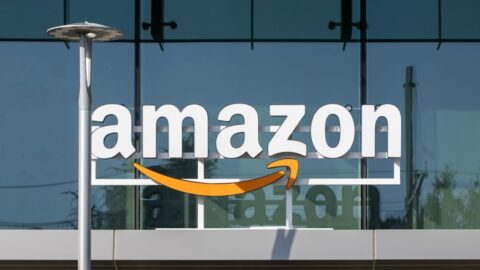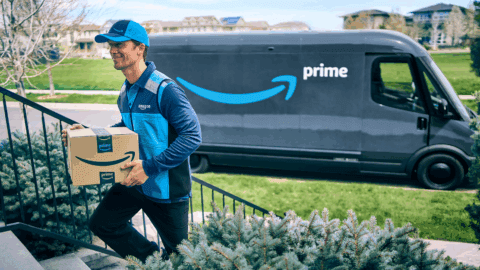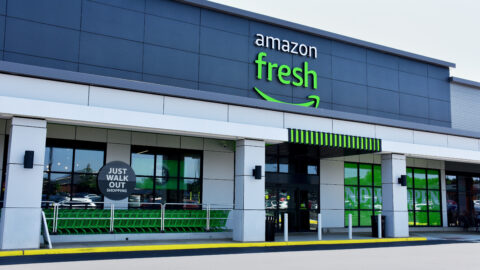Whole Foods continues to exert more central control over its operations, naming SAS Retail Services, a division of Stamford, Conn.-based Daymon, as its single provider of in-store merchandising services, according to a recent report in the Washington Post. The retailer’s larger suppliers (those selling more than $300,000 worth of merchandise annually) will bear the cost of the outsourcing, in the form of a mandatory 3% discount on food products and a 5% discount for health and beauty products.
This centralized approach is a shift from Whole Foods’ previous practices, particularly with regard to small regional and local product suppliers. Working with individual stores or Whole Foods regional offices, these suppliers had previously been allowed to maintain stock levels, face shelves, provide merchandising materials and displays and conduct product demonstrations themselves or through local companies. In September 2017, however, Whole Foods announced that these practices would end in April 2018. All suppliers are now required to uses SAS for in-store demonstrations. The Post reported that the cost of a four-hour demonstration would be $110 for local vendors and $165 for national suppliers.
Amazon completed its acquisition of Whole Foods in August 2017, and Amazon CEO Jeff Bezos owns the Washington Post.
The centralization efforts actually started before the Amazon takeover, according to Don Clark, general vice president of purchasing for nonperishables at Whole Foods. “For the last two years, we have been working to streamline our processes to ensure all our suppliers are supported and set up for success,” he said. “The changes to our in-store execution and demo programs are creating a consistent, high-quality experience that benefits both our suppliers and our customers.”
Whole Foods is not alone in its move to centralize such in-store services as stocking shelves, executing displays, installing fixtures and equipment, ensuring compliance with retailer and vendor specifications, and engaging associates and customers on behalf of brands. In November, SAS Retail Services was named a preferred service provider (PSP) in the Walmart Merchandising Service Program. Walmart is limiting its program to only five PSPs for nearly 5,000 U.S. stores.
Will Whole Foods Lose Its Local Flavor?
Whole Foods’ naming of a single retail services company follows a series of other decisions designed to make the chain’s product selection and presentation more uniform — as well as more cost-effective. At a meeting during the Natural Products Expo West in 2016, Clark told suppliers that the purchasing of non-perishable products would move out of the 11 regional offices into the company headquarters, according to Specialty Food News. Centralized buying of much of the meat and produce had been instituted previously.
While some suppliers and retail industry observers noted that Whole Foods’ decentralized ways were complicated, costly and subject to the caprice of too many individuals, many others see the chain becoming more commoditized and straying from the core values of the Whole Foods brand.
“These types of tactics will only lead to a more homogeneous product mix driven by the larger brands who can afford it,” said Phil Masiello, Founder and CEO of the Hound Dog Digital Agency in a RetailWire forum. “A better approach would be to focus on fixing the business fundamentals.” He pointed out that consumers could be put off by these changes and that “Amazon needs to think about exerting too much influence over products and vendors,” which could bring increased scrutiny from regulators, investors and the media.
The reaction to Whole Foods making suppliers pay for the merchandising services in the form of discounts was generally harsher.
Steve Montgomery, President of b2b Solutions, called the fees “a pay-to-play form of revenue generation” in the RetailWire discussion. It is “true this type practice has been around in the retail world for a long time. but Whole Foods has portrayed itself to be a champion of locally sourced items. This will definitely have an impact on many of their current suppliers.”
“This practice makes it hard for the little guy to compete, and at Whole Foods it will be no different,” commented Art Suriano, CEO of The TSi Company. He wondered how Whole Foods will survive without smaller local suppliers “because the local and smaller companies have been a substantial part of the Whole Foods culture.”












